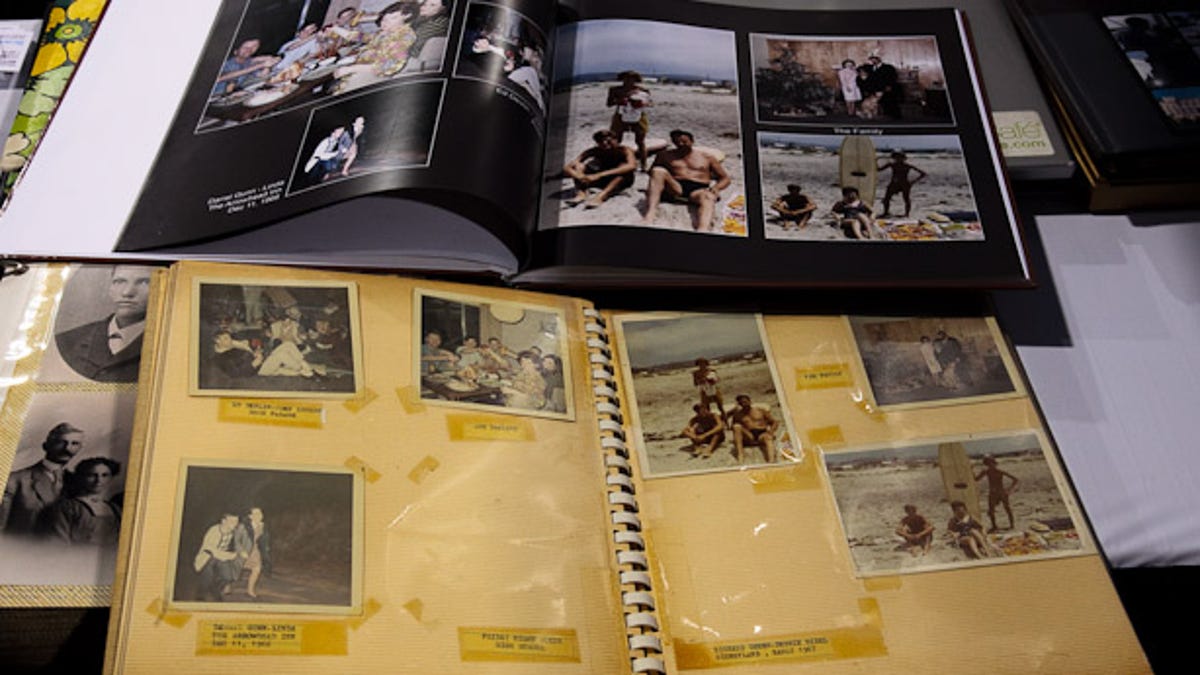ScanCafe now digitizes black-and-white negatives
A California company that relies on cheap labor in India to scan film now can handle black-and-white negatives, but they're more expensive to handle.

LAS VEGAS--ScanCafe, a start-up that digitizes film images using relatively cheap labor in Bangalore, India, announced a new service on Tuesday to scan black-and-white negatives.
The Burlingame, Calif.-based company already scanned color slides and negatives as well as prints, but film scanners have trouble with black-and-white negatives. ScanCafe uses a "wet mount" process for which the company has applied for a patent, said Wade Lagrone, vice president of marketing, in an interview at the Photo Marketing Association (PMA) show here.
The process is more expensive but still competitive, Lagrone said. Color negatives cost 24 cents each, color slides 29 cents, prints 27 cents, and black-and-white negatives 69 cents apiece. The cost includes retouching and color correction.
Wet-mount scanning, which typically sandwiches a negative in fluid between two plates, already is in use in the industry. Among its advantages is the fact that it makes scratches less visible. That helps speed processing of the image after scanning.
In addition, ScanCafe is testing out new ideas with scrapbooks. In one idea, the company scans people's scrapbooks and repackages them into a modern photo book, including captions. In another, ScanCafe is considering creation of photo books from a batch of current images--for example a birthday or soccer game--a process many people don't have the time or energy to pursue.
The company has 275 employees in India, including 50 employed on higher-end digital restoration services, said Chief Executive Sam Allen. Each image typically takes four minutes to scan and another four to retouch. The company also has 200 people trained and available for hiring if demand requires expansion. Right now the turnaround from sending in film to receiving a DVD with the images is about 5 weeks, though the company had some delays over the holidays.
Though growth has slowed from the recession, the company's revenue has increased quarterly for the last nine quarters, Allen said. Scanning a shoebox full of old images is a very easily postponed expense.

